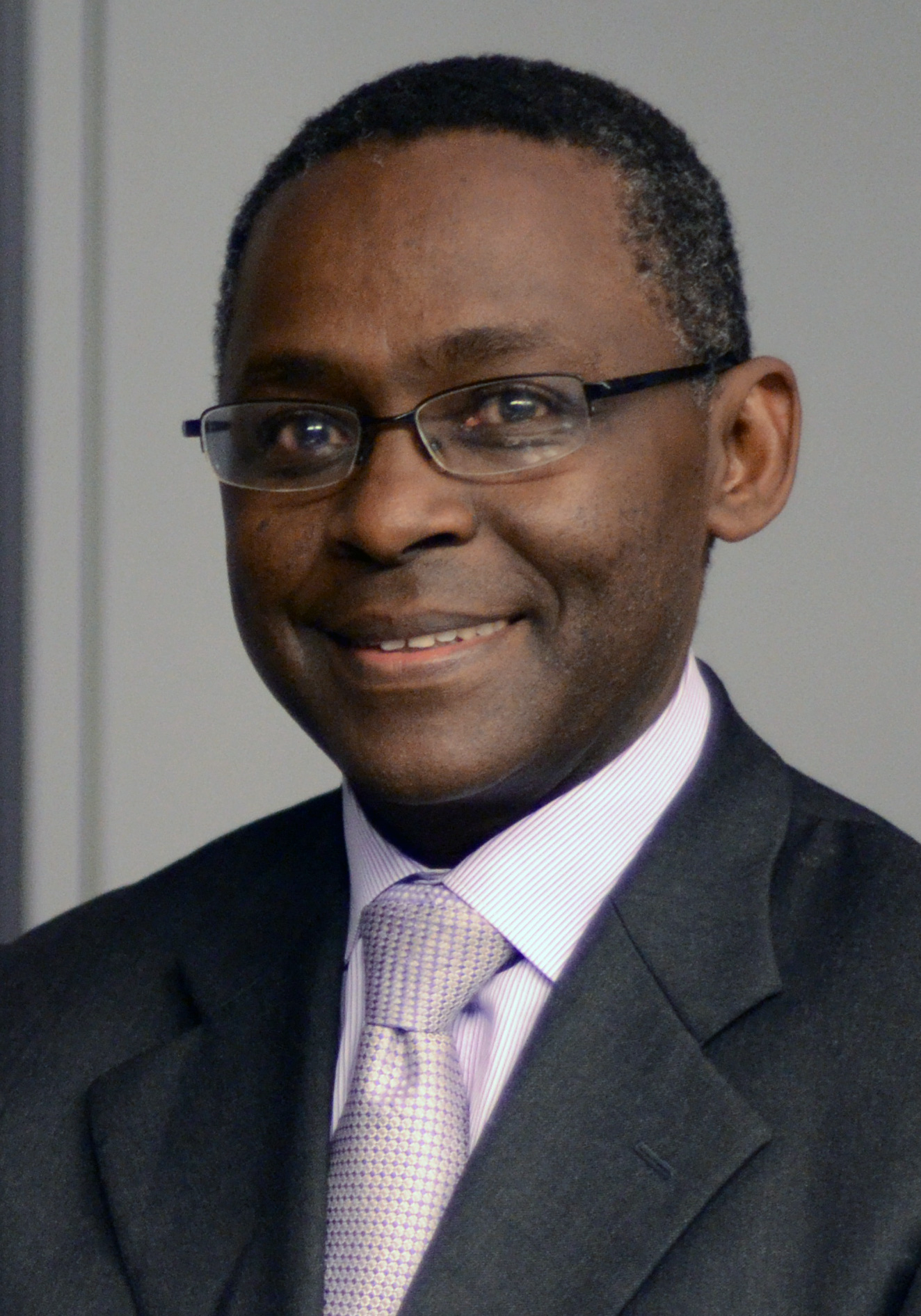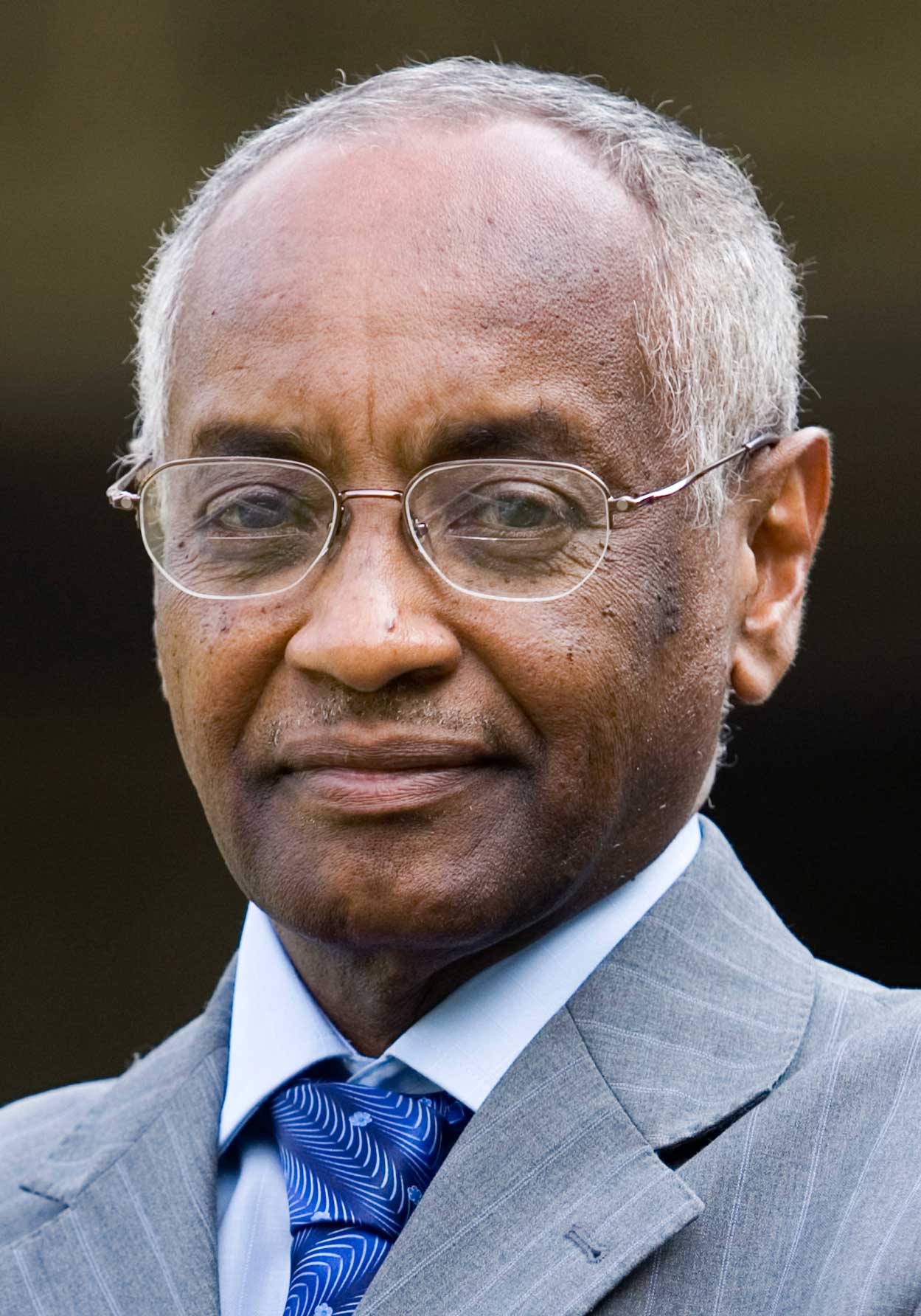 Rwandan physicist Romain Murenzi has been named the executive director of The World Academy of Sciences, returning to a position he held for five years from 2011 to 2016. He has spent the past 14 months at UNESCO headquarters in Paris, directing the Division of Science Policy and Capacity Building in the Natural Sciences sector. The appointment is effective 1 September.
Rwandan physicist Romain Murenzi has been named the executive director of The World Academy of Sciences, returning to a position he held for five years from 2011 to 2016. He has spent the past 14 months at UNESCO headquarters in Paris, directing the Division of Science Policy and Capacity Building in the Natural Sciences sector. The appointment is effective 1 September.
As the Academy seeks to expand its role in addressing the UN Sustainable Development Goals (SDGs) and other science-related challenges, Murenzi brings extensive experience in international science policy, science diplomacy and education. He previously served as the minister of science in his native Rwanda, where he helped to design and implement science-for-development policies that won widespread acclaim. He was elected a TWAS Fellow in 2005.
Murenzi replaces TWAS founding Executive Director Mohamed Hassan, who had held the position on an interim basis.
 "During 14 months in Paris, Romain Murenzi has further strengthened his knowledge of the United Nations system, and of UNESCO’s science mandate," said Flavia Schlegel, UNESCO's assistant director general for the natural sciences. "I am confident that this will be of great value as he returns to guide TWAS in its important mission of advancing science in the developing world. I would also like to express my sincere thanks to Mohamed Hassan for his leadership at TWAS during the interim."
"During 14 months in Paris, Romain Murenzi has further strengthened his knowledge of the United Nations system, and of UNESCO’s science mandate," said Flavia Schlegel, UNESCO's assistant director general for the natural sciences. "I am confident that this will be of great value as he returns to guide TWAS in its important mission of advancing science in the developing world. I would also like to express my sincere thanks to Mohamed Hassan for his leadership at TWAS during the interim."
TWAS is a programme unit of UNESCO.
Said Murenzi: "I am honoured to return to TWAS and to Trieste, Italy, which is an international capital of science with a strong focus on the developing world. Working with the government of Italy, UNESCO and many other partners, I believe TWAS can continue – and expand – its historic impact on scientific development, especially in the world's poorest nations."
Hassan, a Sudanese physicist, played an historic role in the Academy's development and growth for more than 25 years. He has served in a range of top-level positions in Sudan, at the African Academy of Sciences, and at the international level.
After Hassan's retirement in 2011, Murenzi was appointed TWAS executive director. Murenzi served until the end of June 2016.
During Murenzi's first tenure at TWAS, the Academy's education and training programmes grew significantly. It maintained a strong position in global science policy, and it began a new initiative in science diplomacy. Development of a new digital communication platform dramatically increased TWAS's global audience.
Back in the post, Murenzi will oversee a staff of 28. In addition to directing the day-to-day operations of TWAS, he will guide the Organization for Women in Science for the Developing World, which has more than 6,000 members worldwide; the InterAcademy Partnership, which serves as the unified voice for over 130 national and regional science academies worldwide; and the GenderInSITE project.
Murenzi holds a bachelor of science degree in mathematics from the University of Burundi (1982). At the Catholic University of Louvain in Belgium, he earned his master's degree in 1986 and his doctorate degree in 1990, both in physics. In 2013, he obtained a master of law degree in information technology and telecommunication from the University of Strathclyde in the UK.
In 1992, he moved to the United States to become a principal investigator at the Clark Atlanta University Center for Theoretical Studies of Physical Systems. A year later he was named an associate professor of physics, and in 1999 he was selected chair of the physics department. In 2000, he became a full professor.
Murenzi's research has focused on applications of multidimensional continuous wavelet transforms to quantum mechanics, and image and video processing.
He served from 2001 to 2006 as Rwanda's Minister of Education, Science, Technology and Scientific Research, and from March 2006 to July 2009 as Minister in the President's Office in Charge of Science, Technology, and Scientific Research, with responsibilities including information and communications technology.
In 2009, Murenzi left Rwanda and became a senior scholar at the American Association for the Advancement of Science (AAAS) in Washington, D.C.; in July 2010 he was named director of the AAAS Center for Science, Technology and Sustainable Development.
From 2014 to 2015, Murenzi chaired the UN Secretary General's High-Level Panel on a Technology Bank for Least Developed Countries, which studied the scope and functions of such a proposed institution. In 2016, he was a member of the 10-member group appointed by the UN Secretary General to support the Technology Facilitation Mechanism for Implementation of the Sustainable Development Goals.
Before his initial 2011 appointment as executive director, he served as a vice president on the TWAS Council.
In his post at UNESCO, Murenzi directed the division that leads UNESCO's work in assisting member states in the formulation and upgrading of their science policies, the strengthening of the science policy interface and the building of institutional and human capacities in science, innovation and engineering. In addition, the division works to mobilize local and indigenous knowledge with the aim of contributing to the international sustainable development agenda at global, regional and national levels. The division also focuses on small island developing states. From his post in Paris, Murenzi also worked to build cooperation with the Abdus Salam International Centre for Theoretical Physics (ICTP) and TWAS.
Edward W. Lempinen

